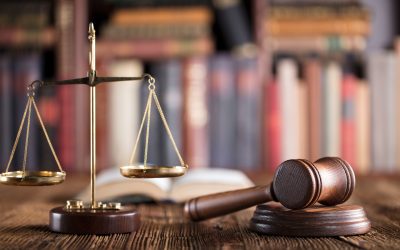A bankruptcy lawyer in Iowa will educate you on the debts that are not able to be discharged during the course of a bankruptcy. While bankruptcy laws were designed to give debtors a clean state to move forward through their lives, there are certain limitations. Generally, debts that are incurred through credit cards, secured and unsecured loans, and other debts may be discharged; however, court ordered debts typically are not eligible to be discharged.
Debts Non-Dischargeable Under The Law
Student loans, alimony, child support, criminal fines, some taxes, and court restitution orders are typically not discharged during either a Chapter 7 or Chapter 13 bankruptcy. To get them discharged, extreme financial difficulty must be proven. The discharge of child support and alimony rarely occurs during bankruptcy; if extreme hardship can be proven, you may be able to lower the payments for a period of time. Additionally, any debt not included in the original petition for bankruptcy filing will not be discharged. A bankruptcy lawyer in Iowa can help you determine the dischargeable debts you have.
There are additional guidelines and restrictions on debts that are incurred within 60 days of filing for bankruptcy in Iowa. These include cash advances, purchases for luxury services or goods, and other last minute purchases that may be determined as fraudulent behavior with foresight. Debts from criminal activities including fraud, larceny, embezzlement and other crimes will not be discharged. It is vital that you understand your rights and responsibilities under the bankruptcy laws.
Property Exempt In Iowa From Liquidation During Bankruptcy
Your home and car that are financed and that have up-to-date payments may be saved from liquidation depending on the equity vs. the loan on the property. Additionally, individuals are often allowed to keep household items including personal effects, appliances and furniture throughout the proceeding. However, some collectibles, antiques, and art can be liquidated to pay your outstanding debts. Additionally, employee funded retirement programs and insurance policies are considered exempt in most bankruptcy cases.
If you own a home or a car that is collateral for a loan, it is important to understand that unless you continue to make the required payments, you cannot keep the property. If you do continue to make the payments and the equity is not above the state guidelines, you can keep the property. If someone has co-signed a loan with you, even if you are no longer liable for the debt after bankruptcy, they can still be accountable for the full amount of the debt and interest accrued. Contact a bankruptcy lawyer in Iowa to understand the complexities of filing for bankruptcy.
Not all debts are discharged during the course of a bankruptcy; it is vital that you seek expert legal counsel to determine the best course of action. A bankruptcy lawyer in Iowa will help you with the paperwork, filing and give expert guidance for your financial situation. Schedule a consultation today to understand your rights under Bankruptcy laws.







